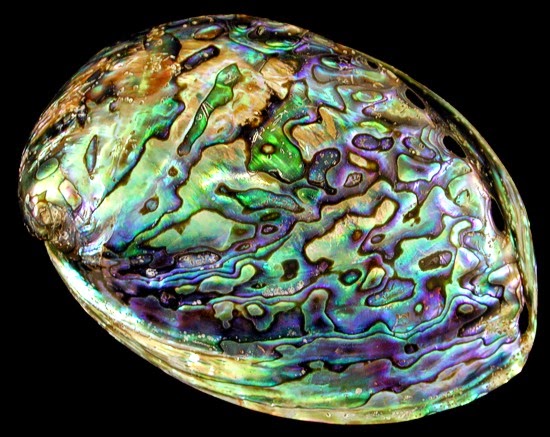Polar Field Skills 101
This summer I’ve been brushing up on my field skills. I
spent a lot of time during my undergraduate degree in the field, and my PhD has
required lots of SCUBA diving too. But... As I’m preparing for a career in
polar science, I thought it would be a good idea to fine tune my skills for the
extreme environments of the polar regions.
What have I learnt?
Well, many things, which are probably beyond the scope of a
single blog entry. As always, I’ll try a quick summary instead.
 |
| Oh No! I forgot my lists!!! |
Looking after your health and
staying safe is really the most important aspect of any field operation. No
science is worth sacrificing your health (or worst case scenario life) for. Watching
out for “lemons” (problems) and making sure they don’t add up to disaster is
really important. In the polar regions especially, the environment, and therefore
the nature of the task, can change very quickly – it’s important to keep risk
assessment dynamic and to continually adapt to current hazards.
 |
| A melt stream snakes its way through a glacier... Probably best to stay away from it. |
3.) International collaboration
 |
| Team work! |
 To be able to go into the field
in the polar regions, an operational infrastructure is imperative – unless you’re
in the business of recreating Captain Scott’s great expeditions. But let’s face
it, most of us just want to get our science done with the least amount of drama
and heroics possible. Luckily for us scientists, the infrastructure in the polar
regions is phenomenal. Decades of hard work and dedication, by many nations, has
now made both the Arctic and Antarctic largely accessible – truly staggering
when you think about it.
To be able to go into the field
in the polar regions, an operational infrastructure is imperative – unless you’re
in the business of recreating Captain Scott’s great expeditions. But let’s face
it, most of us just want to get our science done with the least amount of drama
and heroics possible. Luckily for us scientists, the infrastructure in the polar
regions is phenomenal. Decades of hard work and dedication, by many nations, has
now made both the Arctic and Antarctic largely accessible – truly staggering
when you think about it. You can be the best scientist in
the world, and even a great hands-on expert in the field. Think about it though, if nobody wants
to risk spending days, weeks or even months in the field in a tent with you,
then you’re not going to get very far. Just be a good egg and it should be
okay.
You can be the best scientist in
the world, and even a great hands-on expert in the field. Think about it though, if nobody wants
to risk spending days, weeks or even months in the field in a tent with you,
then you’re not going to get very far. Just be a good egg and it should be
okay. |
| Field work comes with great rewards! |
Well most of it is common sense, and develops over time with field experience, but I was lucky enough to attend the NERC Advanced Course in Polar Field Skills. It was truely an amazing opportunity to gain essential experience and exposure to field operations in polar regions. I’ve been writing about if for the British Antarctic Survey, and produced, filmed and edited a short film... Enjoy!
 |
| Midnight view from the UK's Arctic Research Station in Ny-Ålesund, Svalbard. |


Comments
Post a Comment